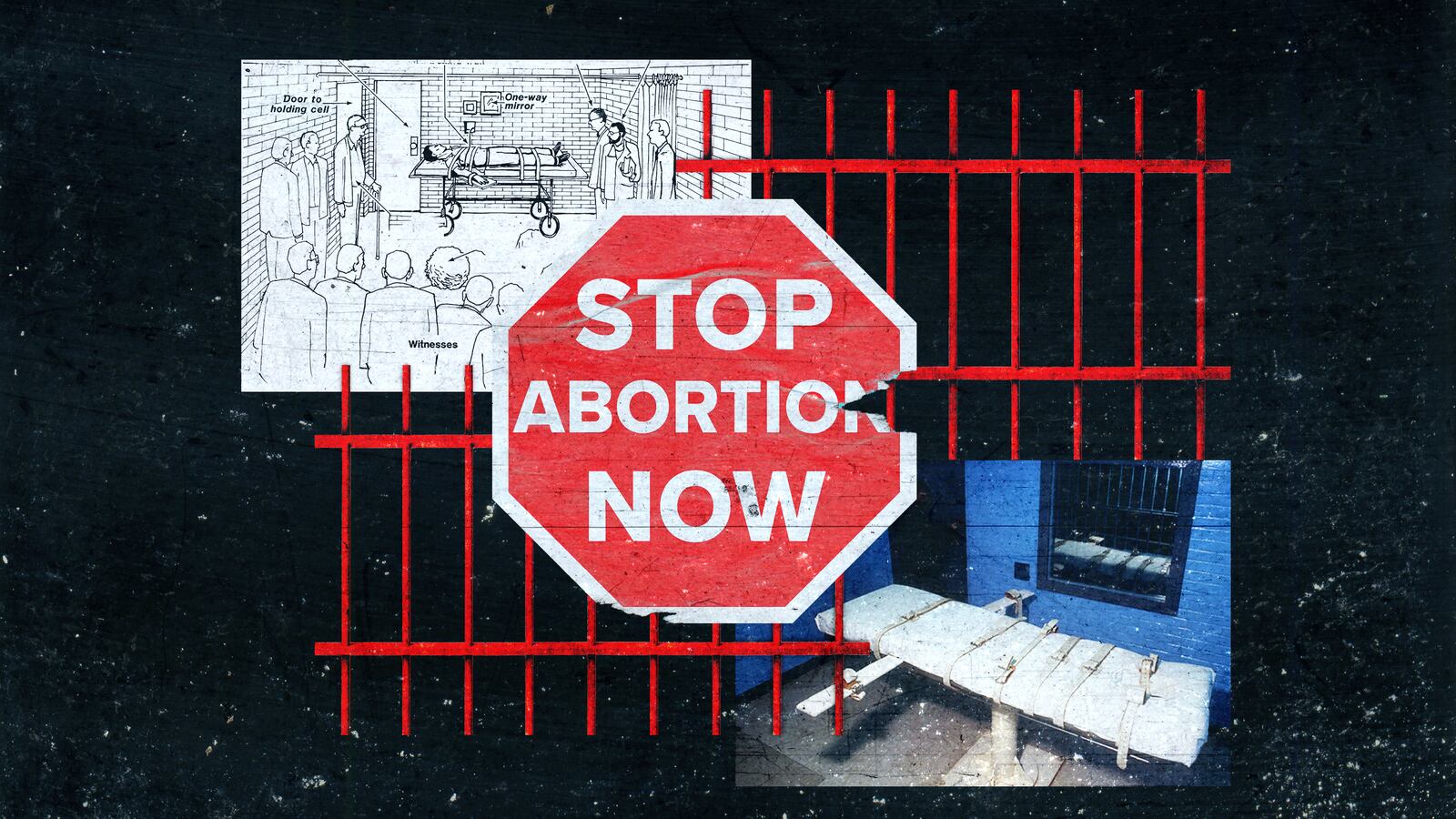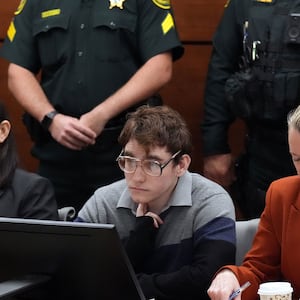The political voices of the anti-abortion community have long been formidable. And the reversal of Roe v. Wade can be attributed in great part to the ingenuity of organized leadership and grassroots activism of pro-life activists.
While anti-abortion voices have been adamant about life beginning at conception, too many have been silent on another pro-life cause: abolishing the death penalty.
Since 1973, 190 individuals have been exonerated from death row, bringing to light the frequent occurrence of wrongful convictions. The advocacy for their lives is just as important as the lives that are still in the womb. The innocence of the exonerated person must be valued and upheld, just the same as the innocence of the unborn child.
When we look at the totality of a life, it becomes clear that every person on death row—and that includes those guilty of terrible crimes—has experienced trauma. Committing a violent act is almost never a person's first experience of violence.
To be very clear, trauma doesn't excuse violence, but it does give us important information about how to stop violence. If every person on death row has suffered trauma, where and when could society and the justice system have intervened to help heal that trauma, and lead that person onto a path where they live their whole lives without taking another’s?
Perhaps this trauma took place in the early childhood years. When a child is taken away from a parent, they are often placed in the foster care system, which is itself filled with trauma victims. This breakdown in the family unit, especially with the absence of the father, creates a pathway to harm, violence, and crime. In the worst of circumstances, this path could lead to murder, a guilty verdict, and a death sentence.
The death penalty doesn’t serve as a remedy for societal ills that lead to broken homes and lost children—who then become adults living destructive lives. Instead, capital punishment focuses solely on retribution.
Those in the anti-abortion movement care about families, and so we should also care about the families of murder victims. This focus on perpetrators of violence, at the expense of victims' family members, creates enormous trauma for those families. The death penalty process is a legal marathon that forces victims’ families to continuously relive the worst moment of their lives over and over again, for many years.
Trauma is everywhere inside the death penalty process. Executions cause trauma for all who have to be involved in them, including executioners, judges, the reporter who reports the event, and the victim’s family members. It is an awful, scarring experience to witness another person die, or to partake in their killing.
This is why anti-abortion advocates—who tend to vote Republican and support the toughest criminal punishments—need to ask themselves: How can we label ourselves as protectors of life and yet tolerate or be indifferent about state-sanctioned killing?
Being anti-abortion must also mean that we should also be anti-harm with regards to how the criminal justice system operates. There are several reasons to be concerned.
Botched executions have become increasingly common, as states become more desperate for drugs, and use humans as test subjects with new concoctions. The state of Oklahoma, to cite just one example, has been scrutinized several times for its botched executions, which have removed all debate on whether capital punishment constitutes cruel and inhumane treatment. This violates yet another pro-life principle.
People convicted of killing white people are 17 times more likely to be sentenced to death than if those killed were Black—a clear sign of racial bias within our justice system and a violation of life ethics.
We have an opportunity to address how lives need safety, healing, and accountability that repairs and restores humanity. The death penalty doesn’t allow for any of these to take place, and it’ll be a moral malpractice if we allow this horrid practice to continue.
We have to be consistent on where we stand in regards to the ethics of life. If we care about life, we’ll address innocence and trauma, and the death penalty does neither of those things.








